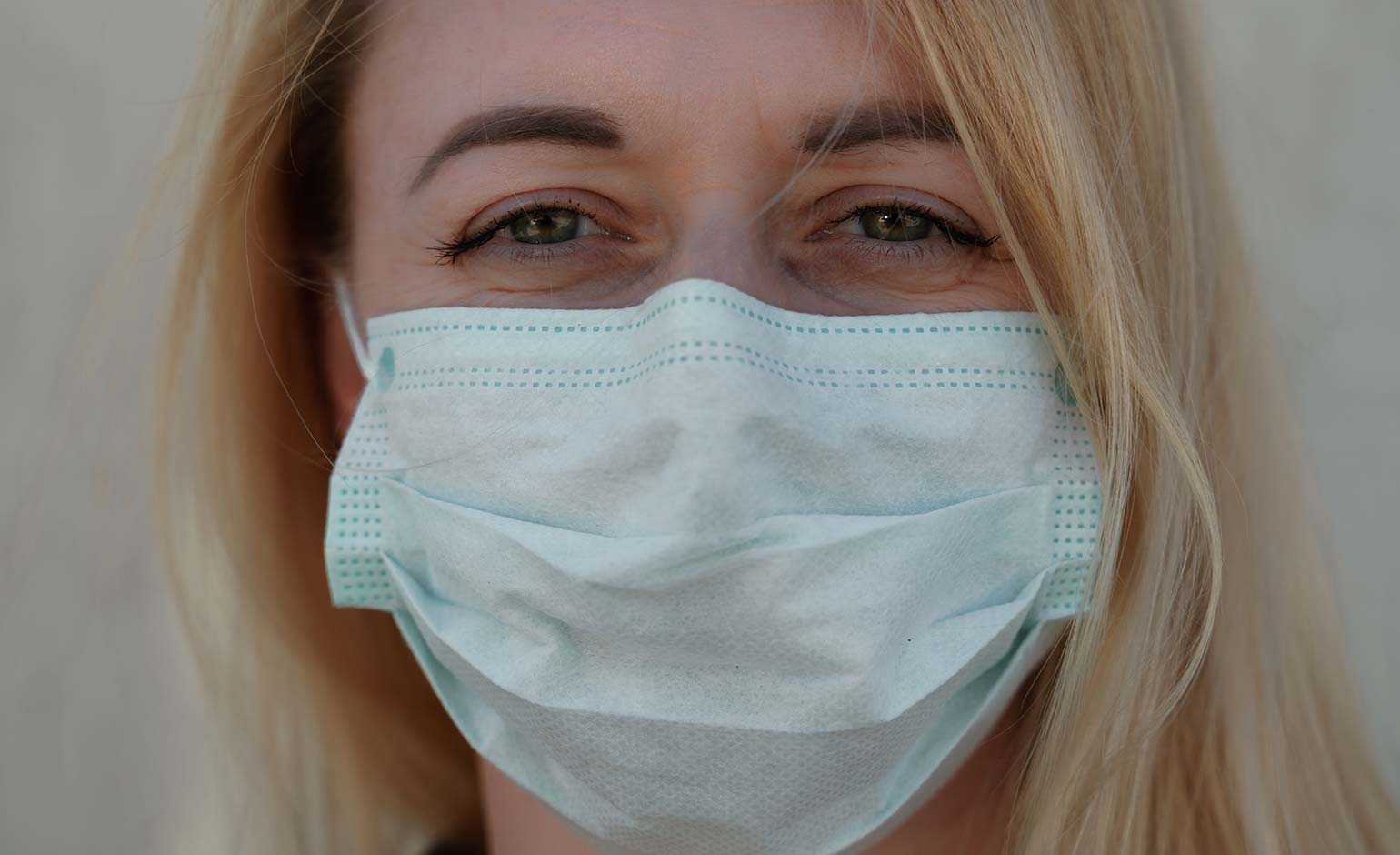A lawyer in Bath has said the legislation on the wearing of face coverings is likely to cause some confusion when it is introduced on Friday 24th July.

Matthew Graham, a partner at Stone King and head of the criminal law team said shops will be encouraged to enforce the new legislation and may even face sanctions if they fail to do so.
“From 24th July everyone in England going in a shop must wear a face covering,” explained Mr Graham.
“A face covering is anything that covers the nose and face, and need not be a ‘mask’ or comply with particular standards, though at least dual-layered coverings will be encouraged.
“Fines will be £100, reduced to £50 if paid promptly, and may result in a criminal record. Cafés, restaurants and bars will likely be exempted, along with open air premises.
“There are sure to be lots of grey areas, especially for multi-use premises and spaces where retail and café space are shared, or for premises that are covered but not necessarily indoors.”
A key unknown, however, is exactly how ‘shop’ will be defined.
In Scotland, a face covering must be worn by all people using a shop, defined as any indoor establishment which offers goods or services for sale or hire, when the shop is open.
This includes anywhere that offer some goods for hire, for example if a library offers DVDs or CDs for hire, but does not include hospitality premises such as cafes, coffee shops, restaurants or pubs.
It also excludes money services businesses such as banks and building societies However, the rules may not be the same in England.
“Imposing fines will be a job for the police, although shops will no doubt be expected to play their part in encouraging compliance,” added Matthew.
“There will be many with a reasonable or legitimate excuse for not wearing a covering, especially relating to health needs, so enforcement is likely to be very difficult and those unable to wear a covering might feel stigmatised.
“The Government is hoping for widespread compliance by consent and consensus, and the common sense of the population may be nudged by the prospect of a fine and a criminal record.
“However, shops will be encouraged to make compliance a condition of entry and to refuse entry to those not complying.
“If shops fail to consistently play their part they may face regulatory sanction, in the same way as they would if they permit or condone any criminality.”
But Mr Graham explained that there will be a number of exemptions, excusing people from wearing face coverings.
He said: “These will presumably mirror the public transport exemptions and mostly relate to health, disability, emergencies and police.
“The extent to which the rules will relate to workers in shops will be complex and are not yet clear.”



